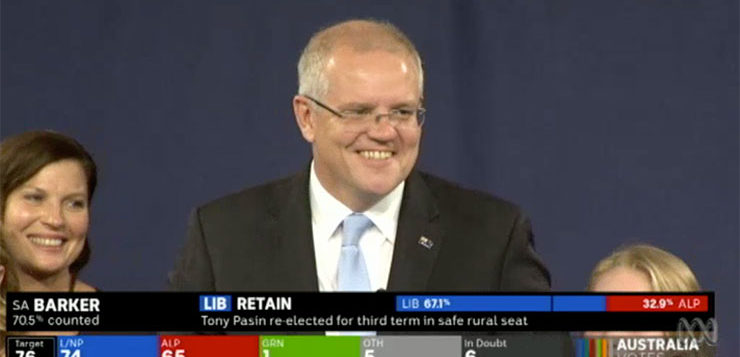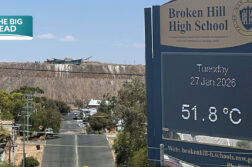DON’T MISS ANYTHING! ONE CLICK TO GET NEW MATILDA DELIVERED DIRECT TO YOUR INBOX, FREE!
STORY UPDATED*, February 3, 2020: There’s blood in the water with the resignation over the weekend of Cabinet Minister Bridget McKenzie over the sports rort affair. But the Morrison Government didn’t just restrict its last-minute election spending splurge to marginal electorates. It also paid off major political donors, and it did so as late as 24 hours before the election was held. Chris Graham reports in a SPECIAL NEW MATILDA INVESTIGATION.
The day before the 2019 federal election, the Morrison Government gave more than $15 million to one of its biggest political donors, from funding set aside to alleviate grinding Aboriginal poverty.
Just three months earlier, that political donor – retail giant Wesfarmers, at one time the wealthiest corporation in the country – announced a record half-yearly profit of $4.5 billion.
The government grant came from through the controversial Indigenous Advancement Strategy (IAS), the Morrison government’s main Aboriginal affairs funding pool, which has been the subject of numerous controversies.
BE PART OF THE SOLUTION: WE NEED YOUR HELP TO KEEP NEW MATILDA ALIVE. Click here to chip in through Paypal, or you can click here to access our GoFundMe campaign.
Just one month after the contract was approved, the IAS was the focus of fresh damning revelations – an Australian National Audit Office report which revealed the IAS still has no effective framework in place to evaluate any outcomes, despite expending more than $5 billion over five years.
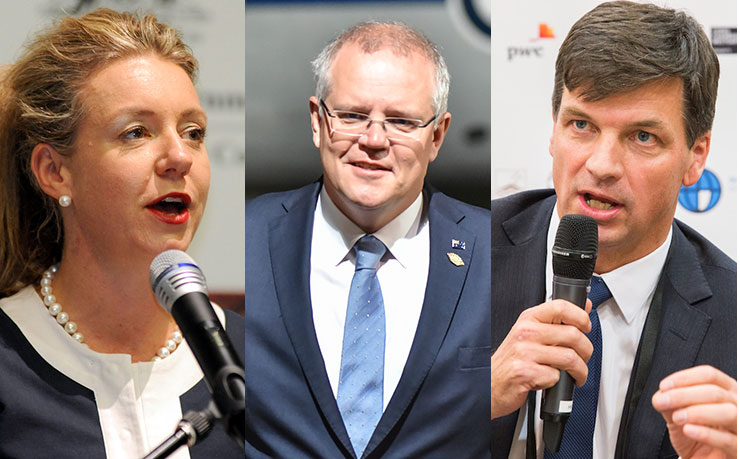
The explosive details are contained in a grant published by the Morrison government in May 2019, just two weeks after the federal election. The funding was publicly disclosed without any accompanying government announcement or fanfare, and classified as “Closed – Non-Competitive”, meaning other corporations could not bid for the money.
The deal was approved on May 17, one day before the federal election.
However, shortly after New Matilda began making inquiries about the grant in mid-2019, the Department of Prime Minister and Cabinet announced five separate variations on the contract. The publicly available documentation now claims the grant was approved on May 20, 2019, the first business day after the federal election.
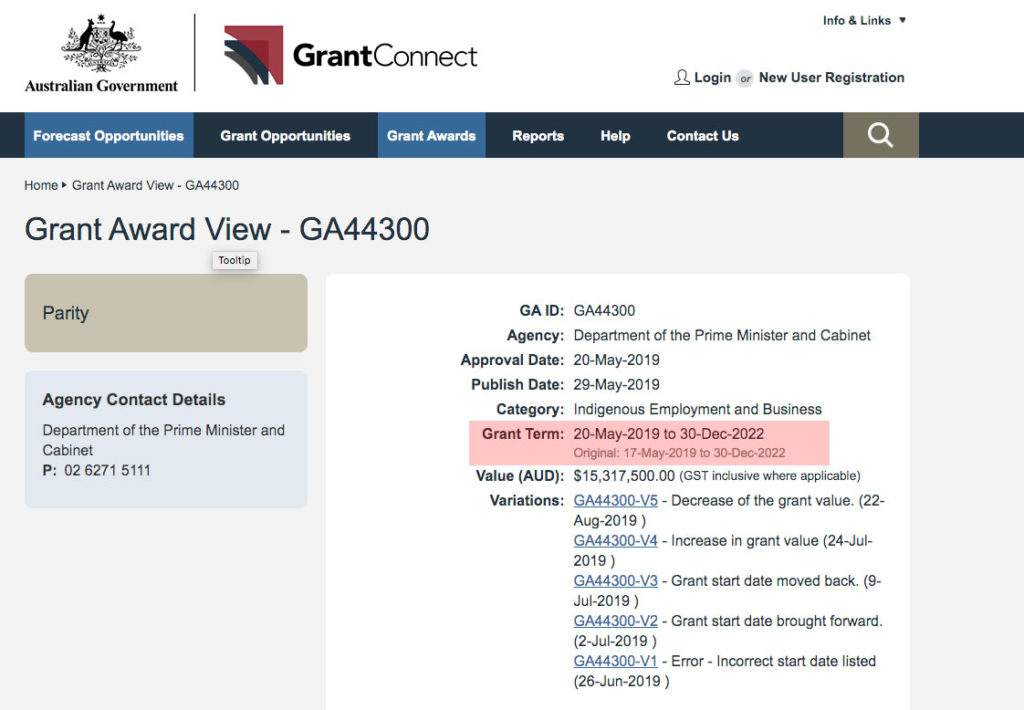
PM&C and Wesfarmers have both conceded to New Matilda that the grant was approved the day before the federal election.
The grant approved for Wesfarmers has had five variations since it was first published in May 2019, including an initial increase in the grant value to just over $17 million, then a reduction back to the original amount.
The first variation to the contract, which claimed that an “incorrect start date” was listed in the original agreement, was issued on June 26, 12 days after New Matilda first approached the Department of Prime Minister and Cabinet for comment. From that variation forward, the contract has continued to claim it was approved after the election.
The five variations listed on the grants.gov.au site reveal:
• Variation 5 – Decrease of the grant value. (22-Aug-2019 );
• Variation 4 – Increase in grant value (24-Jul-2019 );
• Variation 3 – Grant start date moved back. (9-Jul-2019 );
• Variation 2 – Grant start date brought forward. (2-Jul-2019 );
• Variation 1 – Error – Incorrect start date listed (26-Jun-2019 ).
New Matilda tried unsuccessfully to gain comment from PM&C about the discrepancy.
The funding is to enable Wesfarmers to deliver, “Strategic activities that focus on getting Indigenous Australians into work, fostering Indigenous business and assisting Indigenous people to generate economic and social benefits from effective use of their land, particularly in remote areas.”
It’s being directed through an IAS funding stream the Department of Prime Minister & Cabinet calls the ‘Employment Parity Initiative’, where large corporations are given government grants to employ Indigenous people.
Retail giant
In 2018, Wesfarmers was the largest private employer in the country, with more than 222,000 staff including, it claimed, more than 5,200 Indigenous staff.
The company is best known as the former parent company of the Coles brand of supermarkets (it divested Coles in late 2018, but remains a major shareholder) and is now the ninth largest corporation listed on the Australian Stock Exchange, with a turnover of almost $70 billion in 2018.
In February 2019, three months before the Morrison government approved the $15.3 million grant, Wesfarmers announced a half-yearly profit of $4.5 billion, the biggest in the companies’ history.
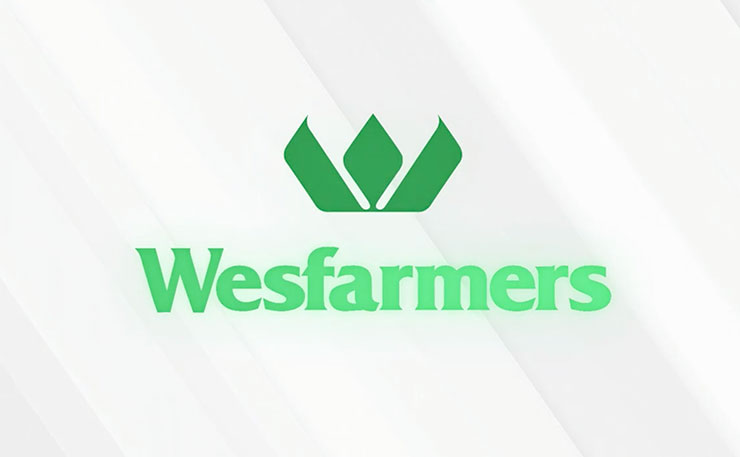
Business is so good for Wesfarmers that it also announced it was planning to distribute more than $1 billion of its half-yearly profit as dividends to shareholders.
Big political donor
The retail giant, which still owns brands such as Bunnings, Liquorland, K-Mart, Officeworks, Target and First Choice Liquor, has long been one of the Liberal/National Party’s most generous political donors.
From 1999 to 2017, Australian Electoral Commission records show Wesfarmers has donated at least $1,128,000* to the Coalition. In October 2018, the West Australian reported that the chairman of Wesfarmers, Michael Chaney and the CEO, Rob Scott joined Prime Minister Scott Morrison and Finance Minister Mathias Cormann for a $2,000-a-head Liberal Party fundraiser.
Chaney is the brother of Fred Chaney, the former Deputy Leader of the Liberal Party and a former Minister for Aboriginal Affairs in the Fraser government.
A damning audit report
A report by the Australian National Audit Office, released in June 2019, reveals that despite spending more than $5 billion over five years, the Commonwealth still has no proper processes in place to determine whether or not their program funding is effective.
“Five years after the introduction of the IAS, the department is in the early stages of implementing an evaluation framework that has the potential to establish a sound foundation for ensuring that evaluation is high quality, ethical, inclusive and focused on improving the outcomes for Aboriginal and Torres Strait Islander peoples.
“Following substantial delays in establishing an evaluation framework, the department is now designing a framework that has the potential to support the achievement of the Government’s policy objectives by strengthening evaluations under the IAS. The design of the framework has been informed by recognised principles of program evaluation, relevant literature, previous evaluation activity and stakeholder feedback. The framework could more clearly link evaluation to the Government’s objectives for the IAS and other relevant strategic frameworks such as Closing the Gap.
“The department’s implementation and management of the IAS evaluation framework is partially effective. Management oversight arrangements are developing, and evaluation advice provided to program area staff has been relevant and high quality. The department has not developed a reliable methodology for measuring outcomes of the framework and its evaluation procedures are still being developed.
“As the department is still developing procedures to support the application of the IAS evaluation framework, it is too early to assess whether evaluations are being conducted in accordance with the framework. The department’s approach to prioritising evaluations should be formalised by developing structured criteria for assessing significance, contribution and risk. The department has taken recent steps to: mandate early evaluation planning; publish completed evaluations; and ensure findings are acted upon.”
Slush fund
The government’s own Audit Office is not the only organisation with concerns over how cash has been distributed through the IAS.
In a series of scoops in 2018 the Guardian newspaper revealed that former Indigenous affairs Minister Nigel Scullion doled out nearly half a million dollars in funding to non-Indigenous organisations to which he had close ties, even though some of them had never even applied for funding.
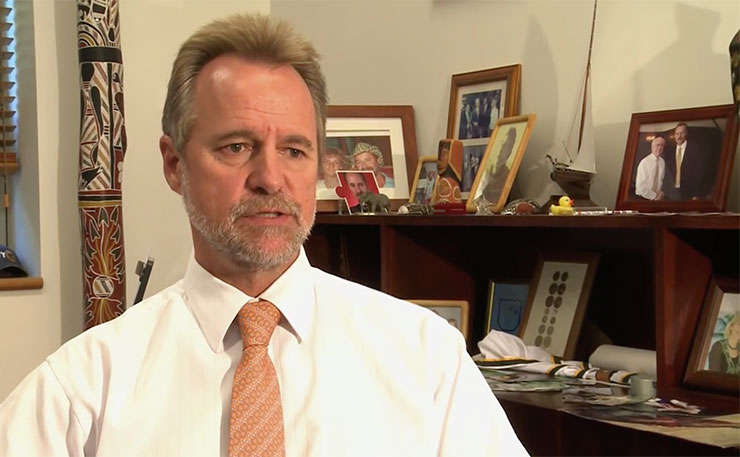
Scullion’s largesse included the NT Seafood Council, the Cattleman’s Association, and the NT Amateur Fishermen’s Association, which received $155,000 to spend on legal fees in opposition to Aboriginal land rights claims.
Wider anger
The anger within Indigenous communities about how the Commonwealth distributes funding earmarked to alleviate Indigenous disadvantage has been growing for years, in particular since the Abbott Government moved Indigenous affairs policy and programming into the Department of Prime Minister & Cabinet, and began the widespread defunding of Indigenous community-controlled organisations.
Perhaps the best-known axing is that of the National Congress of Australia’s First Peoples, which announced in September 2019 it was entering into voluntary administration after its funding was axed in 2014.
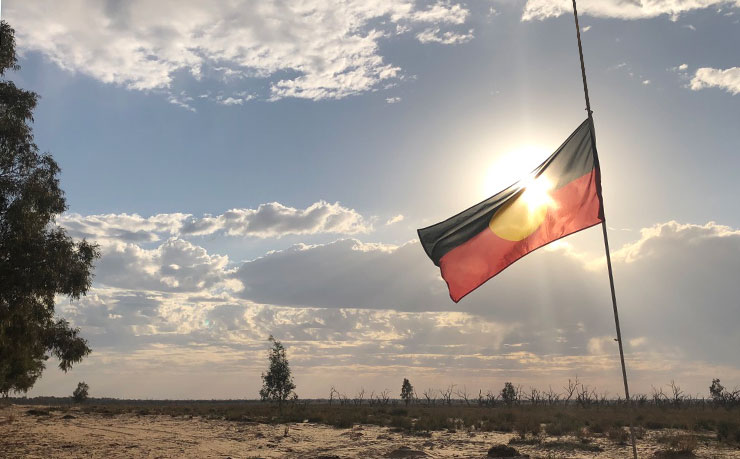
The National Congress was conceived and designed by Indigenous leaders in 2010, and had widespread support throughout the Australian Indigenous community.
Virtually every major Indigenous organisation in the country is a member of Congress, and it was widely acknowledged as Indigenous Australia’s peak governance body.
Congress entered into voluntary administration in June 2019 due to the axing of government funding.
PM&C and Wesfarmers respond
Wesfarmers provided a detailed response to a series of questions from New Matilda, which you can read in full here.
Wesfarmers emphasized that it had been a strong and active employer of Indigenous people, and that the grant funding would assist the company in “relaunching Indigenous employment across the Wesfarmers group, following the demerger last November of Coles”.
“Wesfarmers will employ 14 dedicated Indigenous recruitment and employment specialists and advisers at Group level and embedded within our businesses to establish processes and accelerate recruitment, development and retention of Indigenous team members,” a spokesperson said.
A spokesperson for the Department of Prime Minister and Cabinet said the $15 million grant was provided under its “Employment Parity Initiative”, which “targets larger non-Indigenous organisations”.
“Our EPI partners have delivered around 5,700 jobs for Indigenous Australians,” the spokesperson said.
BE PART OF THE SOLUTION: WE NEED YOUR HELP TO KEEP NEW MATILDA ALIVE. Click here to chip in through Paypal, or you can click here to access our GoFundMe campaign.
The spokesperson also claimed that “since the establishment in 2009 [of the National Congress]the Australian Government has provided over $30 million to support its activities and operations”.
“The decision to enter into voluntary administration is a matter for the Board of Congress and the Department is continuing to work with Congress and the Administrator during this time.”
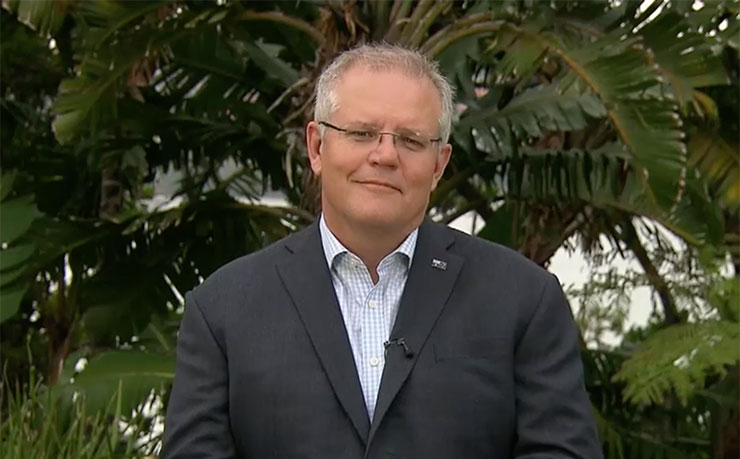
In truth, the Commonwealth funding was provided by previous Labor governments, although then Indigenous Affairs Minister Jenny Macklin refused to provide a level of funding that would guarantee Congress could survive a Coalition government, in the event Labor lost the 2013 election.
As it transpired, in Tony Abbott’s first budget in 2014, treasurer Joe Hockey ended future funding to Congress and the government instead set-up a hand-picked Indigenous Advisory Council.
Greens take aim
The Greens’ long-serving spokesperson on Indigenous issues, Senator Rachel Siewert was shocked by the level of funding provided to Wesfarmers.
“Government grants should not be going to multimillion dollar businesses when so many in the Aboriginal community doing extremely valuable, community led work struggle to get any funding,” Senator Siewert said.
“Many organisations were cut off from funding when the IAS was first introduced.
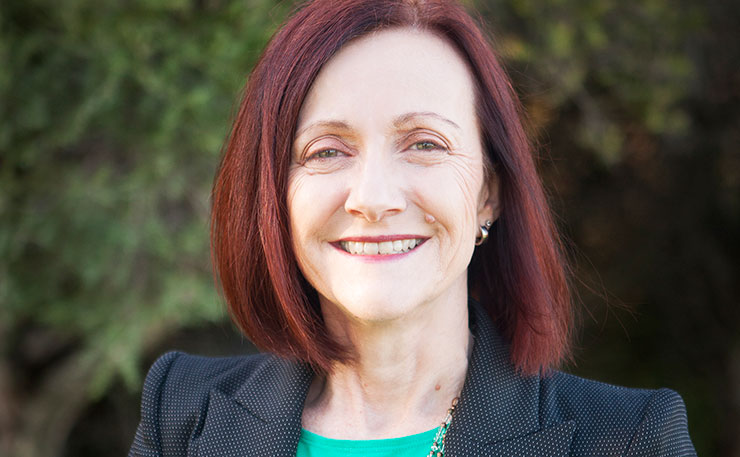
“Wesfarmers should not be getting money that is meant for First Nations peoples and it contravenes their supposed policy ensuring that Aboriginal organisations are getting funded to develop and deliver programs.”
New Matilda invited Labor spokesperson Linda Burney to provide comment shortly before publication. Ms Burney did not respond.
*An earlier version of this story incorrectly reported that Wesfarmers donated ‘$1,128,000 million’ to the Coalition. This was changed to remove the word ‘million’. This story was first published on September 14, 2019. It was updated on February 3, 2020.
BE PART OF THE SOLUTION: WE NEED YOUR HELP TO KEEP NEW MATILDA ALIVE. Click here to chip in through Paypal, or you can click here to access our GoFundMe campaign.
Donate To New Matilda
New Matilda is a small, independent media outlet. We survive through reader contributions, and never losing a lawsuit. If you got something from this article, giving something back helps us to continue speaking truth to power. Every little bit counts.

